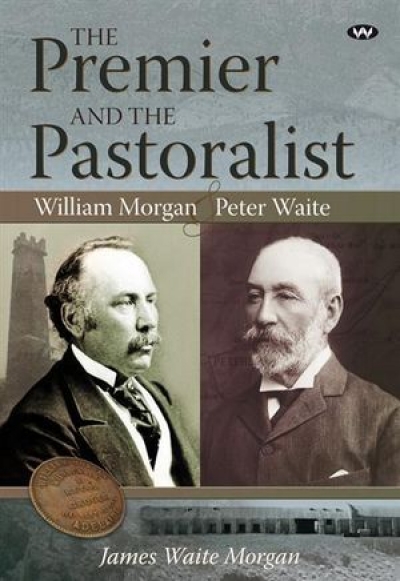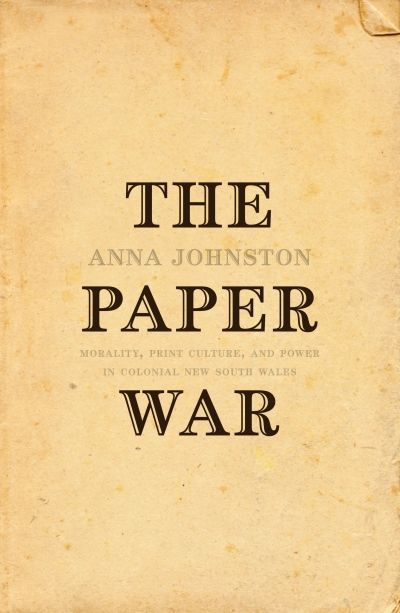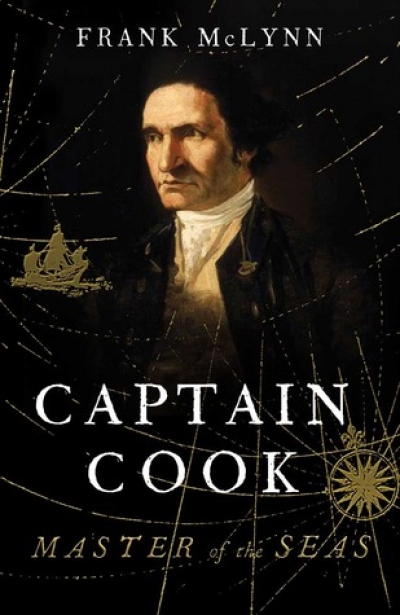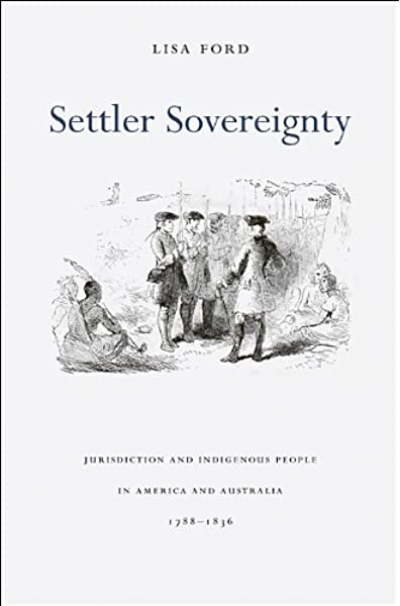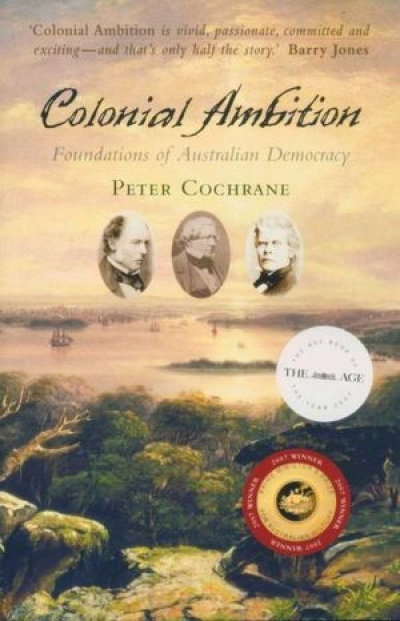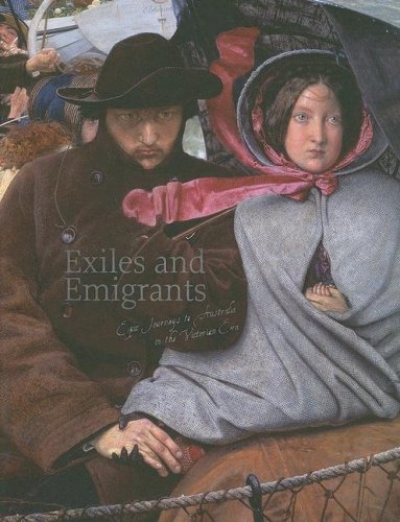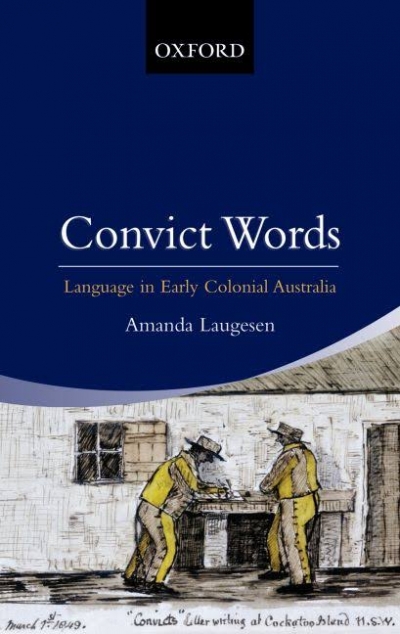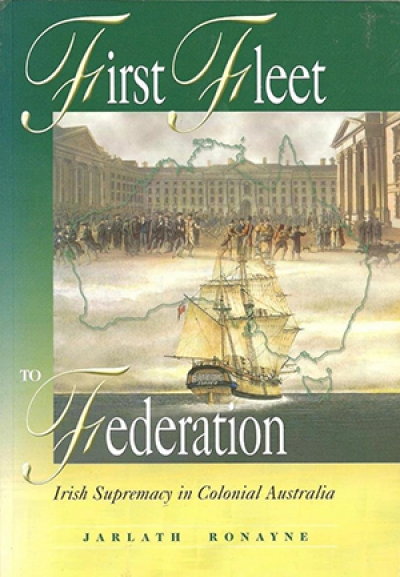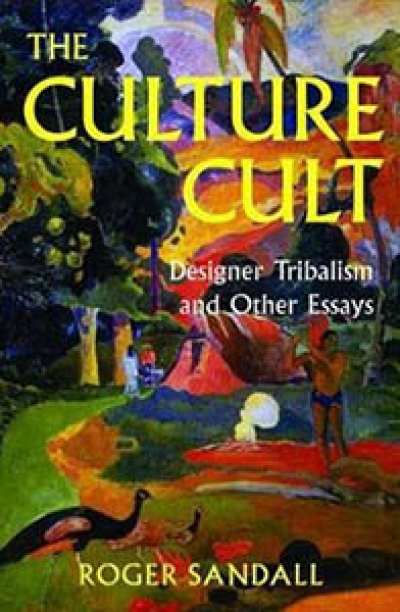Settler Colonialism
Sign up to Book of the Week and receive a new review to your inbox every Monday. Always free to read.
Recent:
Bernard Whimpress reviews 'The Premier and the Pastoralist: William Morgan and Peter Waite' by James Waite
by Bernard Whimpress •
Family histories have their limitations. One compensation is to discover famous or infamous ancestors. In most Australian states, disinterring a convict becomes a badge of honour. In South Australia, having a nineteenth-century premier and a noted pastoralist in one’s lineage advances a claim to fame ...
... (read more)The Paper War: Morality, Print Culture, and Power in Colonial New South Wales by Anna Johnston
by Grace Karskens •
Colonial Voices: A Cultural History of English in Australia 1840—1940 by Joy Damousi
by Bruce Moore •
Settler Sovereignty: Jurisdiction and indigenous people in America and Australia, 1788–1836 by Lisa Ford
by Henry Reynolds •
Colonial Ambition: Foundations of Australian democracy by Peter Cochrane
by Alan Atkinson •
Exiles and Emigrants: Epic journeys to Australia in the Victorian era by Patricia Tryon Macdonald
by Daniel Thomas •
Convict Words: Language in early colonial Australia by Amanda Laugesen
by Gary Simes •
First Fleet to Federation: Irish supremacy in colonial Australia by Jarlath Ronayne
by Bob Reece •
The Culture Cult: Designer tribalism and other essays by Roger Sandall
by Patrick Wolfe •


